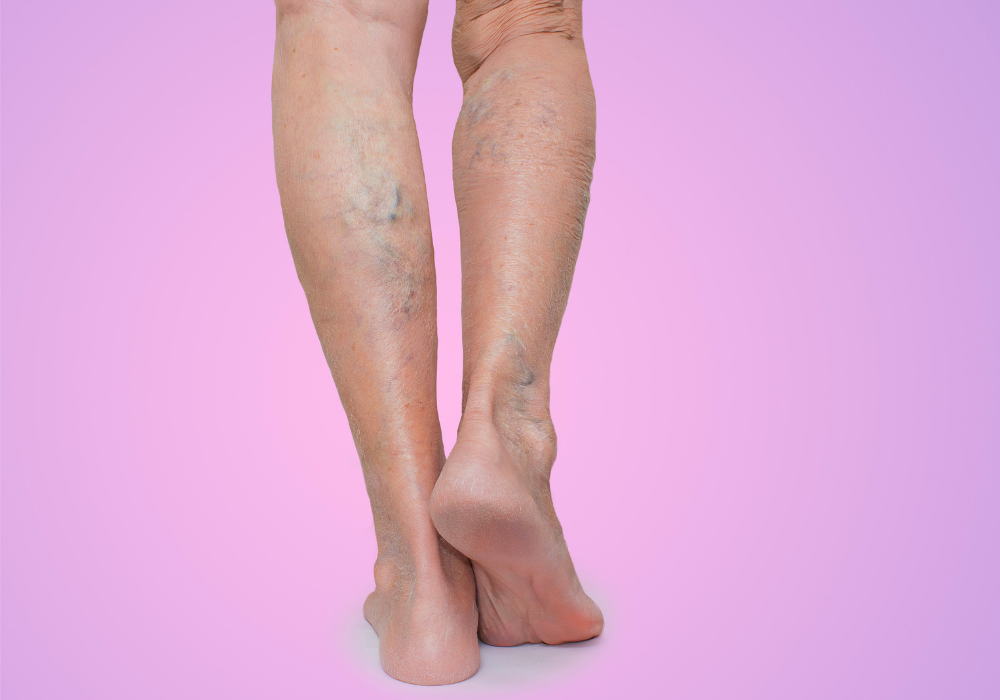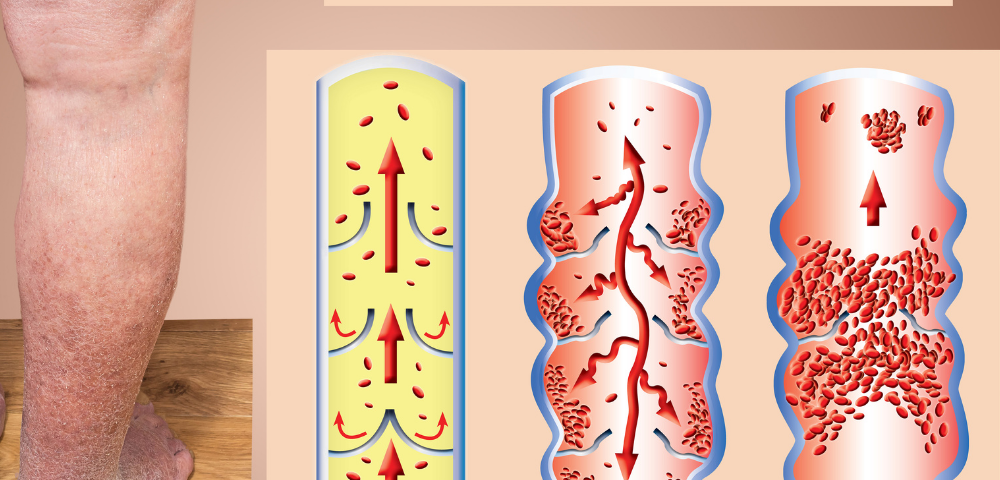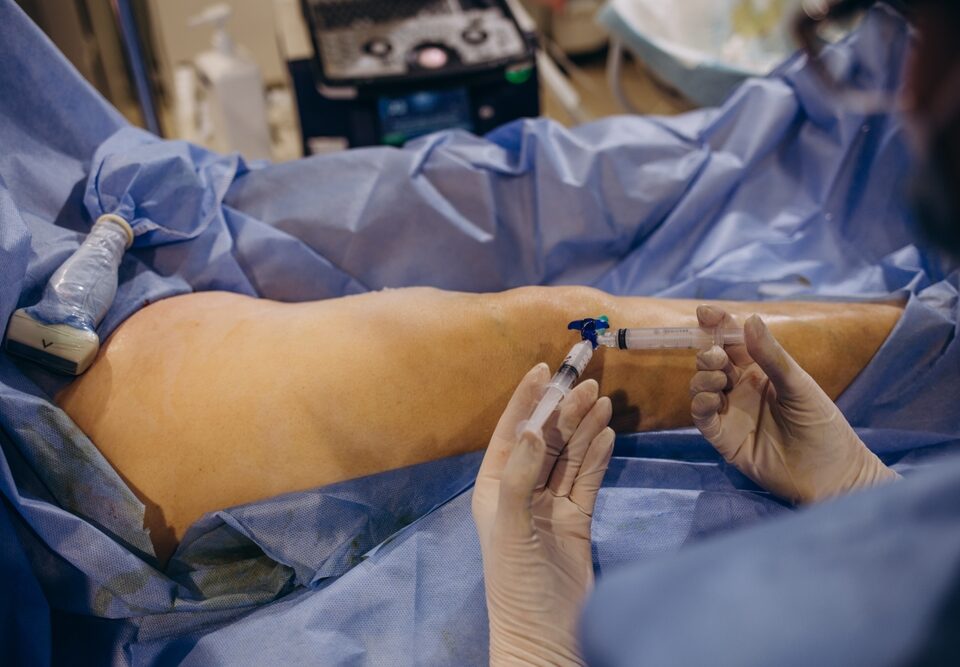
Can Varicose Vein Reappear After You’ve Had Them Removed?
September 30, 2020
Is Your Job Putting You at Risk for Varicose Veins?
September 30, 2020If you know what deep vein thrombosis (DVT) is, it’s not hard to see why it can be so dangerous to your health.
After all, DVT has been nicknamed the “silent killer” and is known as the largest cause of death for patients admitted to hospitals with a different diagnosis.
Keep reading as we take a deeper dive into DVT.
What is Deep Vein Thrombosis?
Deep vein thrombosis occurs when a clot in the leg or pelvis breaks off and reaches the heart.
Once the clot has reached the heart, the blood flow is blocked to the lungs which causes a pulmonary embolism.
A pulmonary embolism may cause shortness of breath, pain in the chest, or even death depending on the size of the clot.
What is the Cause of DVT?
There are many reasons why a blood clot might develop in your legs.
Below are some of the most commonly associated risk factors for DVT:
- A natural tendency to clot
- Cancer
- Obesity
- Sedentary lifestyle
- Pregnancy
- Excessive travel habits
Additionally, individuals who have recently undergone an operation have a higher risk of developing DVT.
What are the symptoms of DVT?
Unfortunately, a blood clot may occur without any symptoms at all.
However, there are some symptoms to be aware of including the following:
- Sudden edema in the legs
- Pain in the leg
- Aching of the legs
- A feeling of fullness in the legs
- Pressure in the leg
- Warm or coolness in the leg
- Skin discoloration in the leg
If you are experiencing any of the above symptoms you should call your local vein expert immediately.
How to Prevent DVT?
Compression stockings following surgery can help prevent DVT.
This is especially important for patients with a family or personal history of blood clots.
Other ways to help promote healthy blood flow include frequent foot movement, maintaining healthy body weight, regular exercise, and smoking cessation.
More on Deep Vein Thrombosis and Why It’s So Dangerous
If you believe you might be at risk for developing DVT it is important that you call your local vein expert immediately. Call The Vein Center of Maryland today at (410)970-2314.




